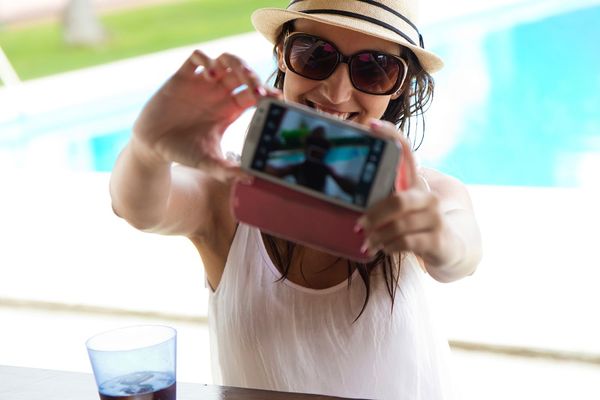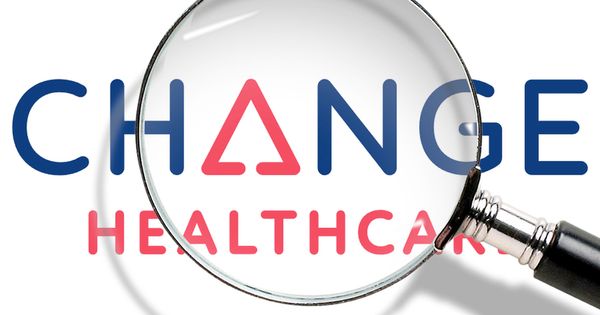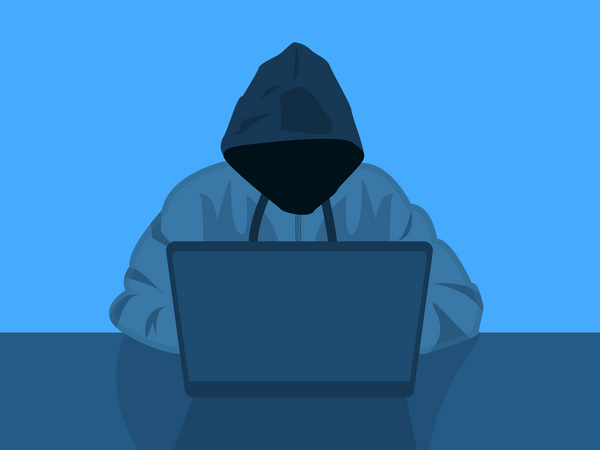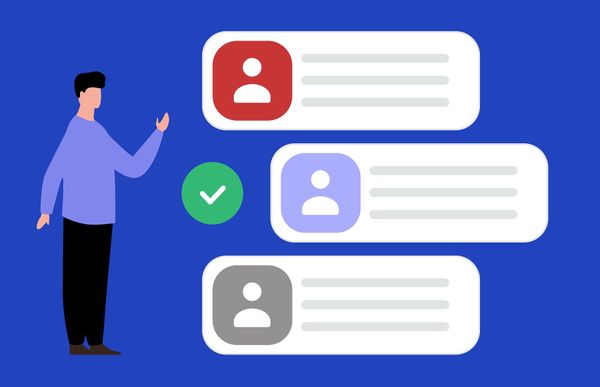Eight great ways to avoid embarrassing privacy leaks

Selfies have become the digital currency on social media. People are going to extreme extents to take the perfect selfie, putting their lives on the line to share their extraordinary experiences. And celebrities are leading the way, “breaking” the Internet with unconventional pictures that evoke floods of comments.
This massive wave of content is driven by mobile apps, like Snapchat, Periscope and Instagram, which make sharing videos and photos a real breeze.
As fun as it may be, though, over-sharing information can expose people to involuntary data leaks and entice hackers to find new ways to break cloud storage accounts, steal mobile phones or target collateral victims. The stakes are even higher when celebrities are involved.
Remember the leak of nude photos that took the world by storm? In 2014, almost 500 private documents belonging to A-list actors were leaked and spread like wildfire on the Internet.
So, if you are attending the Cannes Film Festival this year, for instance, don’t forget about your privacy.
Seal your online accounts
Your email and social media accounts hold troves of priceless information about you, your family and friends. If one gets hacked, your contact list can get spammed with malicious links, or you may be asked to wire money to hacker accounts. Needless to say, your conversations, photos and passwords are vulnerable to theft. Recently, famous singer Adele had intimate photos posted on Facebook after a hacker breached the email account of her partner.
Thus, securing online accounts is an extremely important step:
- Enable two-factor authentication as an extra security step.
- Use phrases or code generators as passwords whenever possible.
Backup your photos
After taking those gorgeous photos with your celebrity crushes or friends, don’t forget to save copies. Cloud storage is a great and convenient option, yet, to outsmart hackers phishing for cloud service credentials, use offline backup solutions like hard drives. Want to be on top of the game? Go for encrypted hard drives. Read more here.
Use a virtual private network for public Wi-Fi use
Adding a virtual private networking option to your device can help bolster poor security on open, public Wi-Fi networks. Whenever you connect to a password-less Wi-Fi hotspot, you expose yourself to traffic sniffing. This means information passing through that network can be intercepted by someone connected to the same network. What’s more, attackers very often replicate a popular hotspot to fool users into connecting to it, giving away their password.
Review mobile app policies
Amid all this social media madness, we sometimes forget to check how mobile apps handle our data: Where is it stored? Is it encrypted in transit? What happens with my data if I uninstall the application? Reading privacy policies and adjusting app permission seems tedious, but it is a very healthy way to stop privacy intrusions.
Turn off geo-tagging and geolocation features, where possible, so people can’t track your location.
Also, opting for apps that use end-to-end encryption to secure communications is one of the best measures against surveillance from governments and other third parties.
Lock and use security for mobile devices
However careful you are, the risk of leaving a phone in a cab or dropping it in a bar does exist. Make sure your smartphone auto locks and is secured with a complex pass-phrase. Mobile security is also your best friend when it comes to locking, tracking or wiping a lost smartphone or tablet. Oh, and don’t be too tempted to use biometrics (facial or voice recognition) as a means of authentication — this new technology is still prone to errors.
Don’t email private photos
Email accounts, especially those without two-factor authentication, are easy targets for hackers looking to steal your personal details and intimate photos.
Beware of phishing emails
Phishing is still a very effective technique to lure users into installing malware on their devices. Treat every suspicious email with caution.
Look out for hidden webcams in rentals
Concern over hidden cameras is growing, especially when it pertains to rental properties. If you rent a room, check to see if the owner has security cameras installed. He may use that footage to blackmail you. It’s not a bad idea to do a close visual inspection of the vents, as well as any holes or gaps in the walls or ceilings.
Stay safe!
tags
Author
Alexandra started writing about IT at the dawn of the decade - when an iPad was an eye-injury patch, we were minus Google+ and we all had Jobs.
View all postsRight now Top posts
Start Cyber Resilience and Don’t Be an April Fool This Spring and Beyond
April 01, 2024
Spam trends of the week: Cybercrooks phish for QuickBooks, American Express and banking accounts
November 28, 2023
FOLLOW US ON SOCIAL MEDIA
You might also like
Bookmarks










